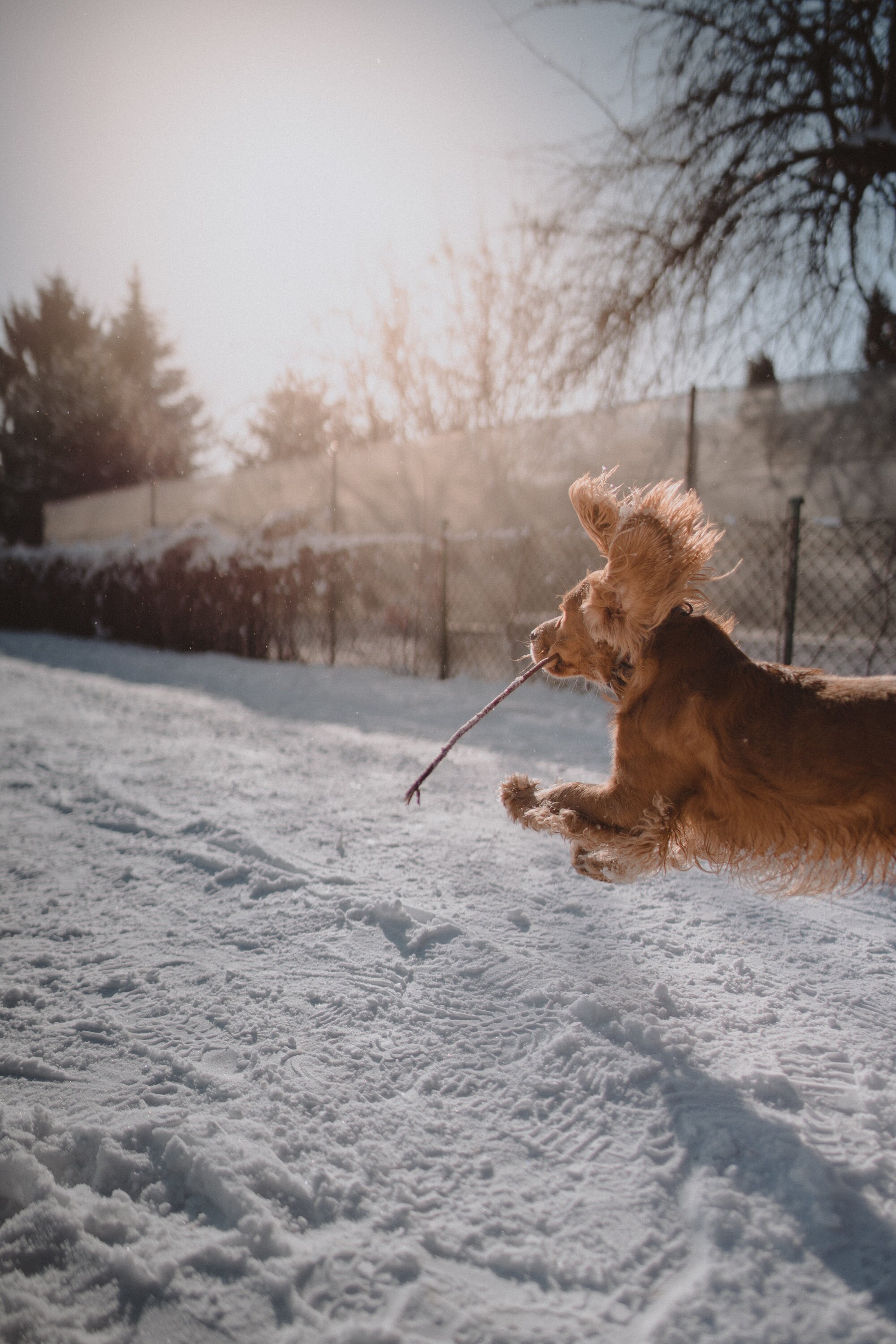When winter comes knocking at the door, many of us anticipate evenings spent in the comfort of our warm homes. However, it's essential to remember our pets and how the cold can affect them. Preparing your pets for winter involves more than just providing them with a cozy blanket. Just as winter demands certain changes in human lifestyles, it also necessitates special care and precautions for our pets.
Like humans, animals too have varying degrees of tolerance to cold weather. The severity of cold your pet can withstand depends on its size, breed, age, and health. For instance, small, short-haired breeds like Chihuahuas are more susceptible to the cold compared to large, long-haired breeds such as the Siberian Husky. In contrast, puppies, kittens, and older animals have a tougher time maintaining their body heat. It is crucial to pay special attention to their needs as temperatures drop.
Firstly, an easy way to keep pets warm during winter is to provide suitable pet clothing. Small dogs and those with thin coats may benefit from wearing sweaters or coats when taken out for walks. Remember to ensure the clothes are dry, as wet clothing can make them colder.
Indoor heating can lead to dry skin and irritated noses for our pets. It can be a good idea to invest in a pet-friendly humidifier to add moisture back into the air. Another excellent option is using pet-specific lotions and moisturizers that can alleviate dryness and chapping. Be sure to consult with your veterinarian to pick products suitable for your pets.
Keeping your pet well-groomed can also be an important part of their winter care routine. A well-groomed coat will better keep your pet insulated. However, be sure not to shave your pet's coat too short as they need that fur for warmth. Also, pay attention to their paws. The cold weather, combined with salt on the roads, can lead to dry, cracked paw pads. Paw balm or pet-safe de-icers can help protect these sensitive areas.
Ensure your pets are eating adequately during the winter months. They burn more calories during cold weather as they try to stay warm. While maintaining a balanced diet is essential, consult your vet for possible changes or supplements to your pet's diet.
If you have outdoor pets or even feral cats frequenting your yard, create safe shelter spaces for them. Elevated, waterproof pet houses filled with straw can make a world of difference. But, in extreme weather, bringing all pets indoors is always the safest option.
Antifreeze, while vital for vehicles during the cold weather, can be lethal for pets. Its sweet taste is particularly appealing to animals, but even small amounts can be dangerous. Always store antifreeze out of reach and promptly clean any spills.
Winter can be as enjoyable for pets as it is for their humans, provided their owners take proper precautions to ensure their safety and comfort. Paying heed to these points will not only keep your furry friends warm and comfortable, but it also enables you to enjoy the season without any worries about their well-being. Remember, when you keep your pets safe and secure during winter, the cuddles, companionship, and joy they offer become even more rewarding.
Preparedness is the key. Let's make this winter a safe, cozy and cheerful one for our pets!
Healthy Products For Your Pup
Paw Print Jewerly
Receive Updates and Discounts
Photo by Timek Life on Unsplash
